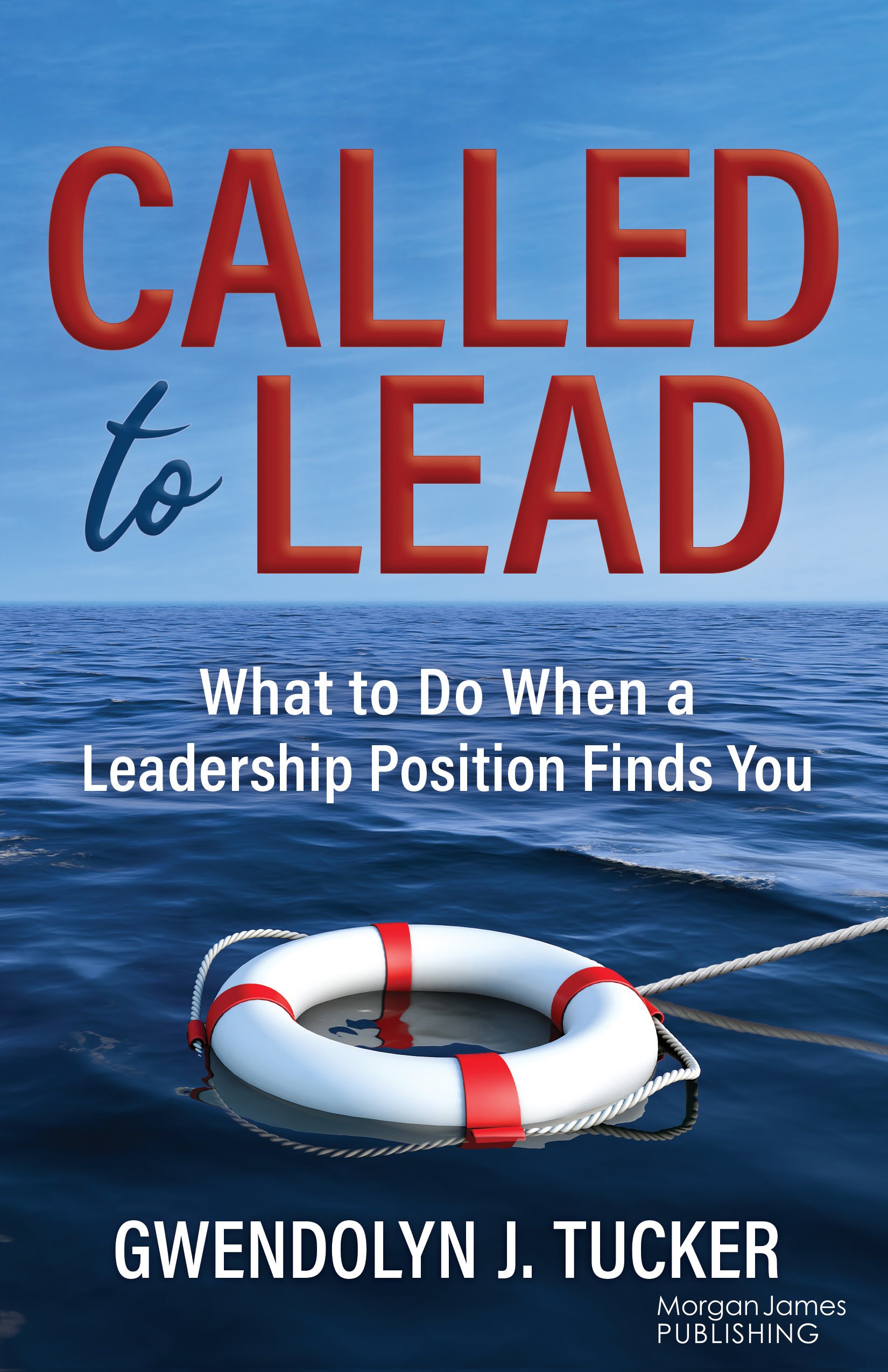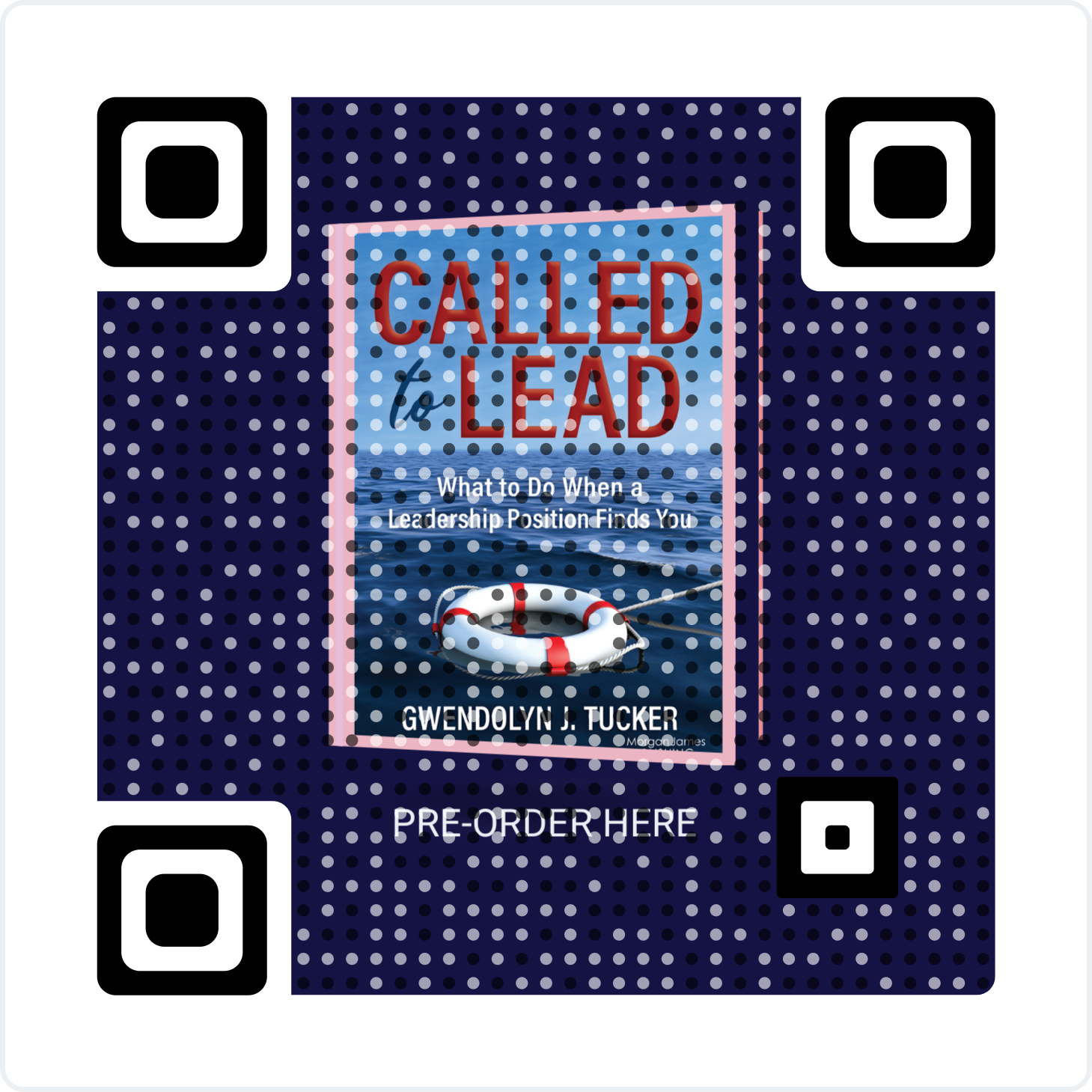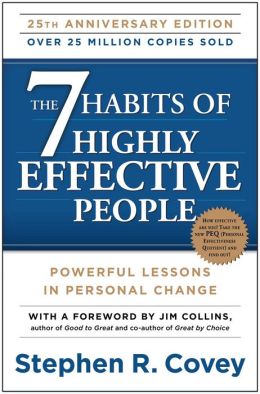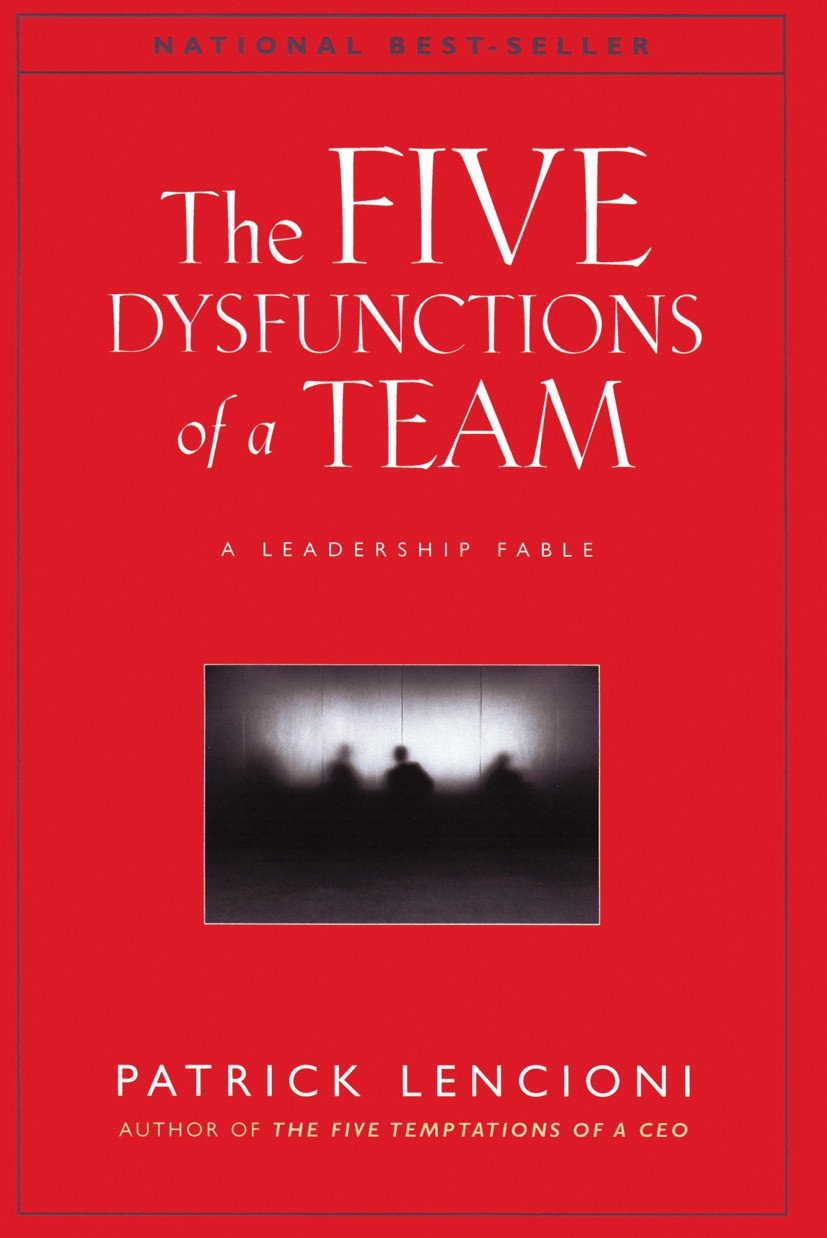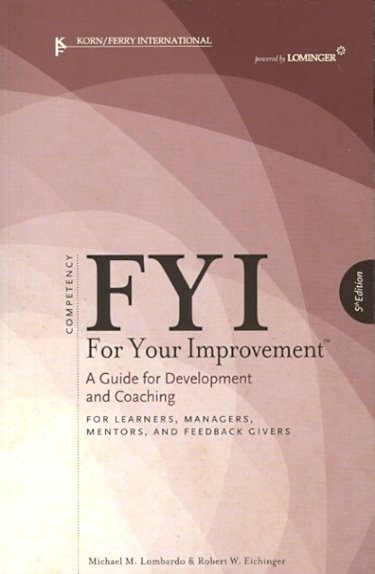Leadership and Conflict
This discussion on Leadership and conflict highlights the fact that conflict is inevitable when two or more individuals come together.
The problem is not that conflict arises. A problem occurs when conflict persists, becomes unhealthy and is unresolved. For conflict resolution to occur, one party must be willing to "drop the rock."

Definition of Conflict
So, what is conflict? A conflict is a disagreement between two parties. The disagreement can stem from a difference about how certain needs and desires should be met or a difference of opinion.
Webster's define a conflict as "a struggle for power, a difference that prevents agreement; mental struggle arising from incompatible needs, desires, and opinions."
It is very important to note that conflcit begins as a mental struggle, which is "below the surface." Depending upon the situation and individuals involved, those involved in a conflict can experience very strong emotions.
When handled poorly, conflict becomes very unhealthy and impacts everyone involved - both directly and indirectly.
Please check out the video below: Top Resolution Strategies for Managing Conflict in the Workplace. Very insightful!
Leadership and Conflict
As you can see from the interview in the video above, conflicts can arise in a variety of situations in the workplace: with the boss, a peer, etc.
Since conflict is inevitable, it is important for leaders and team members to develop skills to "nip" unhealthy conflict "in the bud."
Maccoby and Studder outlined five (5) steps for managing conflict.
The Leader's Role
When handled poorly, conflict can impair team dynamics and negatively affect the inter-workings of the team. That is why it is important for the leader to recognize when unhealthy conflict threatens the team and take action to minimize the threat.
Conflict can occur at multiple levels (both inter- and intra-):
- Individual
- Group
- Organization
The leader must recognize the nature of the conflict and appropriate strategies for resolving conflict both within and between the individual, group or organization.

Managing Conflict
Wikipedia describes conflict management as "the process of limiting the negative aspects of conflict while increasing the positive aspects of conflict."
So it is possible to "make conflict work for you instead of against you."
As a leader, it is important to become acquainted with these styles, first to determine your preferred style. Second, to determine what steps you can take to improve your skills in this area. And, third, to help your team in successfully managing conflict as it arises.
Leadership and conflict resolution go hand in hand.
Conflict Management Styles
Individuals have varying methods for addressing conflict: these range from avoiding it to effectively resolving conflict. Macccoby and Studder have outlined five (5) steps for managing conflict.
Read more to gain further insights on Leadership and Conflict.
- The Power of Mediation
- Victory Over Conflict (PowerPoint)
- Contact Coach Gwen
- Go to Home.
Improve Your Relationship with Your Boss
Are you looking to improve your relationship with your boss? If so, the Boss Relationship Worksheet will help you better understand and communicate more effectively with your immediate supervisor.
To download your copy, submit your information on the form below.
After completing the Boss Relationship Worksheet, you will find that the following will prove helpful in showing you how to cultivate a better working relationship with your boss:
 |
I published my first book and I am beyond excited.
Get your FREE copy of Called to Lead!
ORDER PRINT HERE
Leaders don't
create
followers.
Leaders
create
other
leaders.
- Tom Peters




